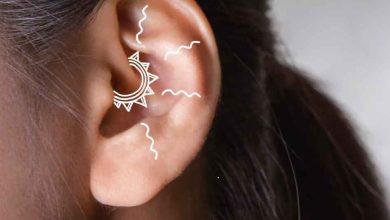Anxiety Treatment – How to Shop for a Therapist to Treat Your Anxiety

Shop around! If you have a friend who has sought therapy, ask him/her for a referral. Even if your friend’s therapist isn’t available, you can ask the therapist for a recommendation to another therapist. You can also check out the phone book or online (under “psychologists”, “counselors” or “mental health”) for therapists in your area.
Ask about cognitive-behavioral therapy. Look for a therapist who does “cognitive-behavioral” therapy (CBT). There are many types of therapy, but CBT has been shown to have very good results for the treatment of anxiety, and the results of CBT treatment tend to be longer term than the use of medication alone. CBT helps you to identify and change the thoughts and behaviors that cause you to feel anxious, and it also typically contains an element called “exposure” that helps you to systematically cope with the sources of your anxiety.

Know your insurance coverage. Find out if your insurance covers your treatment. You can do this by calling your insurance company or your potential therapist. If your insurance doesn’t cover therapy, ask if the potential therapist offers an abated fee (adjusted to your income). For other low cost options, you might also look for psychological services provided by graduate students at a local university or through a community mental health center.
Make sure the therapist is licensed. You might be confused by all of the different titles and degrees that therapists hold. A therapist can have a Ph.D., Psy.D., M.D., LCSW, or other degree. As long as the therapist is licensed by the state to provide psychotherapy and is knowledgeable about CBT treatment for anxiety (see above), the degree is less-important. There is one exception to the requirement to be licensed. In some cases, especially at university-based centers, your therapist may not yet be licensed. This is an acceptable practice as long as the therapist is supervised by a licensed provider.
Ask questions and find a good fit. When you talk to the potential therapist, either by phone or in person, it is appropriate for you to ask questions. You want to make sure that you feel comfortable with the therapist. In the same way that you probably try on a shoe before you buy it, you should find a therapist whom you trust and with whom you feel comfortable. You should feel a basic level of trust in the therapist within the first few meetings. If not, do not take this as a reflection of you or the therapist. Rather, you should discuss your concerns with the therapist so that adjustments can be made within the therapy and your relationship to help you feel comfortable.




